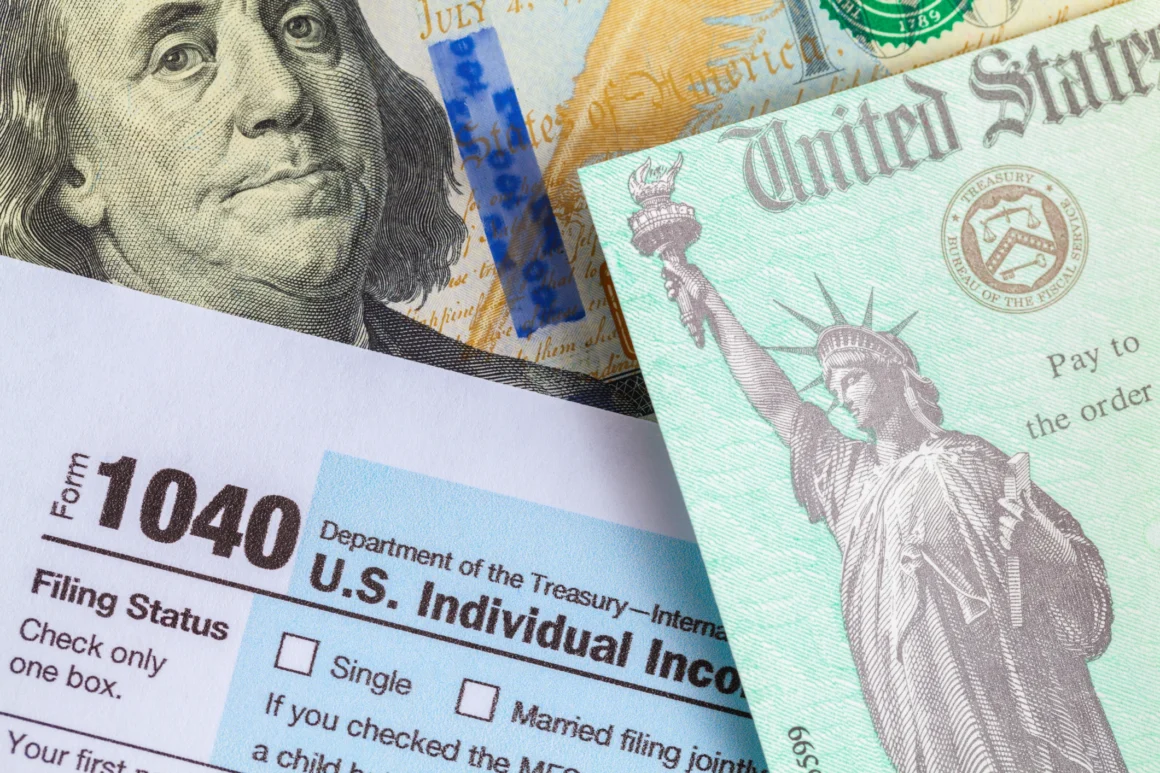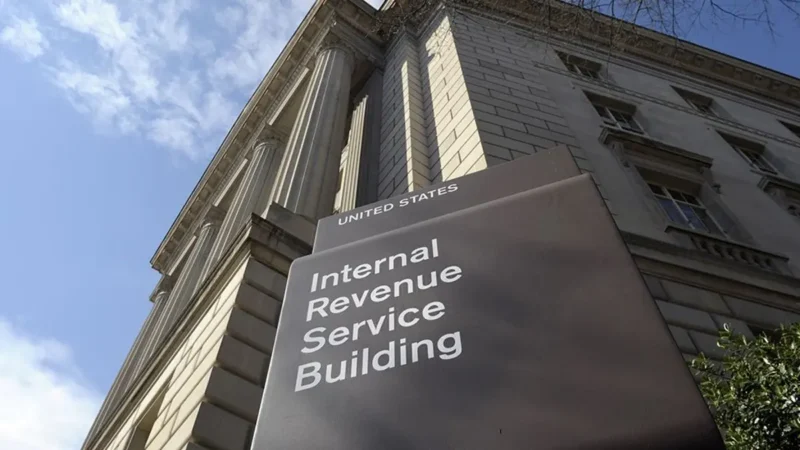The IRS is looking to use your bank account as a tool for tax evasion. They want to know who you are, what you do, and how much money you make. That’s because they’re not just interested in the amount of taxes paid but also the sources of income.
On July 12, a client at a Wells Fargo bank branch in San Francisco uses an automated teller machine (ATM).
Consider Uncle Sam peering over your shoulder the next time you go to the ATM. The Biden Administration wants to peek into your bank account, as if your yearly tax filing wasn’t intrusive enough.
Internal Revenue Service Commissioner Charles Rettig wants banks to disclose yearly cash flows for regular account holders. The idea is being promoted by Treasury Secretary Janet Yellen, and the House Ways and Means Committee is considering whether to include it in the Democrats’ $3.5 trillion spending package.

Ms. Yellen claims that the reporting will aid in the detection of affluent tax evaders. She claimed the proposal will expose “opaque revenue streams that disproportionately go to the elite” in a recent letter to the committee. Treasury and congressional Democrats believe that if people realize the authorities have their account information, they would declare income more honestly.
Despite this, the IRS intends to audit every account having a balance of more than $600 or with more than $600 in transactions each year. As a result, any American with a job might be scrutinized. A group of 41 business organizations recently cautioned congressional leaders that the proposal is “far from focused” in terms of detecting significant tax evasion.
It’s also a data breach on the verge of happening. ProPublica has revealed the private tax records of Jeff Bezos, Mike Bloomberg, and other affluent Americans. Someone broke the law when they released or hacked those data, but the IRS has yet to disclose anything from its promised probe. Adding bank account information to the IRS database would put political opponents’ savings and spending information at danger in the same manner.
Last month, twenty-three state treasurers and auditors signed a letter criticizing the proposal, calling it “one of the biggest data privacy infringements in our nation’s history.” If the reporting requirement goes into force, Nebraska Treasurer John Murante says his state would not comply.
Democrats and the political left have long sought to cast a broad net over personal money. President Barack Obama established a group in 2009 to examine narrowing the “tax gap,” claiming that rampant underreporting of income costs the government hundreds of billions of dollars each year.

The bank account idea is still being debated in the House, but the budget measure already contains $80 billion for the IRS to recruit thousands of additional employees. Over the next decade, Treasury predicts that these measures will generate $700 billion in income. However, Rep. Kevin Brady, the chairman of the House Ways and Means Committee, points out that the tax disparity is more complicated than Democrats acknowledge.
Mr. Brady told CNBC in July that the IRS’s data is seven years outdated, and that the agency’s estimates don’t take into account the 2017 federal tax overhaul, which closed numerous loopholes. “What they’re saying is that if you give us a lot of money, we’ll employ a bunch of auditors and we’ll generate revenue.”
The Biden Administration may attach a higher revenue figure to its multi-trillion-dollar expenditure plan by overestimating the effects of increased enforcement. That’s enough of a problem. The greater danger of granting the IRS access to your bank account information is that politicians will ultimately figure out how to regulate how you save and spend your own money. This is a terrible notion that should be put to rest.



